News
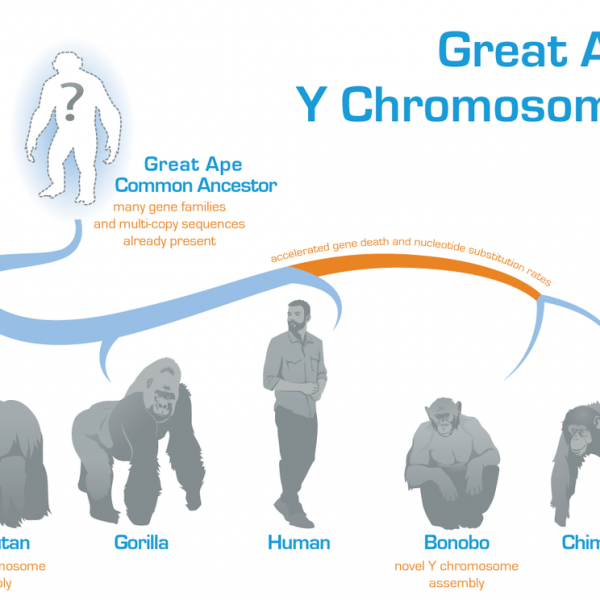
Oct 06, 2020
Evolution of the Y chromosome in great apes deciphered
New analysis of the DNA sequence of the male-specific Y chromosomes from all living species of the great ape family helps to clarify our understanding of how this enigmatic chromosome evolved.
Full Article
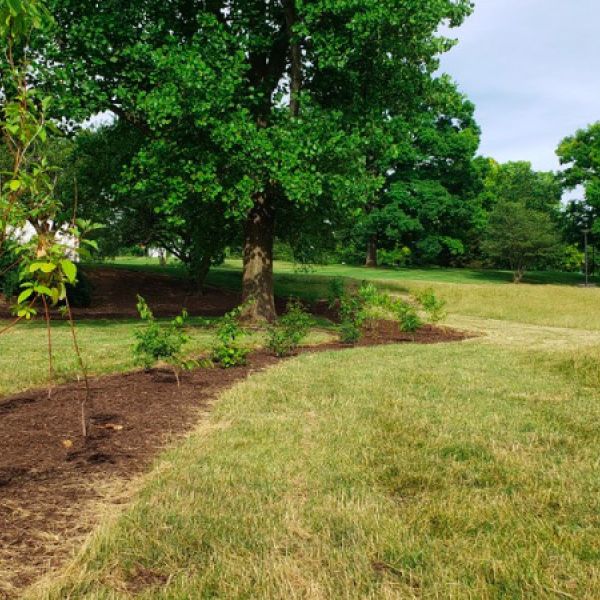
Oct 06, 2020
Designated 'no-mow' turf grass areas provide environmental, economic benefits
University Park campus practice has resulted in reduced carbon dioxide emissions and overall mowing costs, while providing stormwater protection and habitats for local wildlife.
Full Article
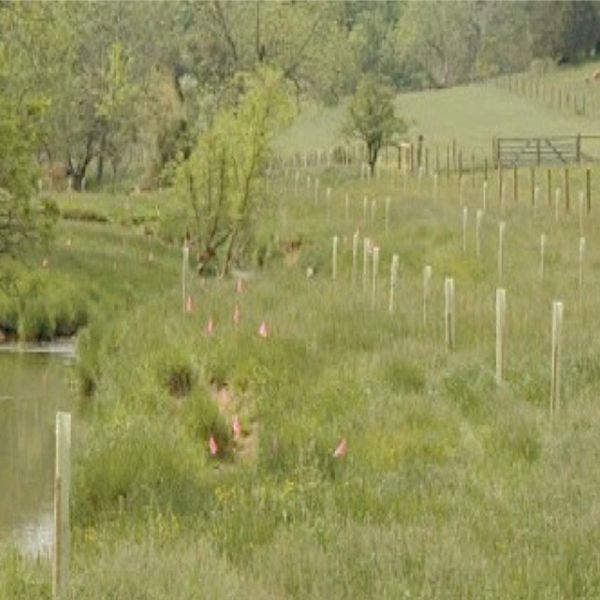
Oct 02, 2020
Harvesting vegetation on riparian buffers barely reduces water-quality benefits
Allowing farmers to harvest vegetation from their riparian buffers will not significantly impede the ability of those streamside tracts to protect water quality by capturing nutrients and sediment — and it will boost farmers’ willingness to establish buffers.
Full Article
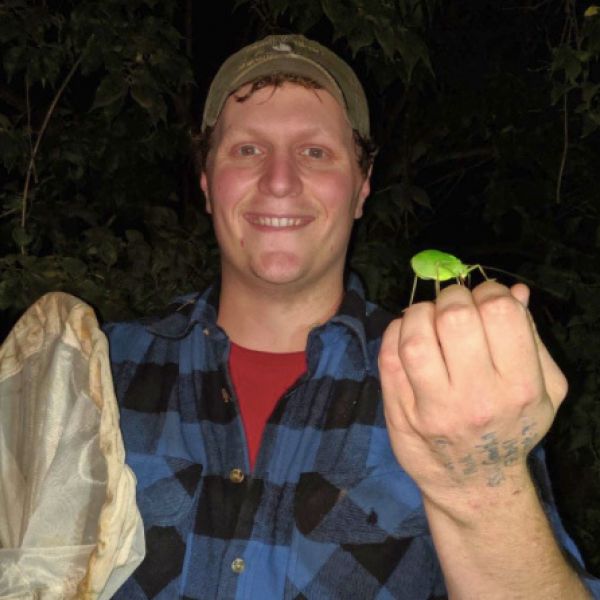
Oct 02, 2020
Researchers hear more crickets and katydids 'singing in the suburbs'
The songs that crickets and katydids sing at night to attract mates can help in monitoring and mapping their populations, according to Penn State researchers, whose study of Orthoptera species in central Pennsylvania also shed light on these insects' habitat preferences.
Full Article

Oct 01, 2020
Assistant professor intends to bridge gap between humans and robots
Katie Fitzsimons will join the Penn State College of Engineering’s Department of Mechanical Engineering (ME) as an assistant professor in January 2021. Through her research, Fitzsimons plans to advance robotics, powered by a greater understanding of human motion and behavior.
Full Article
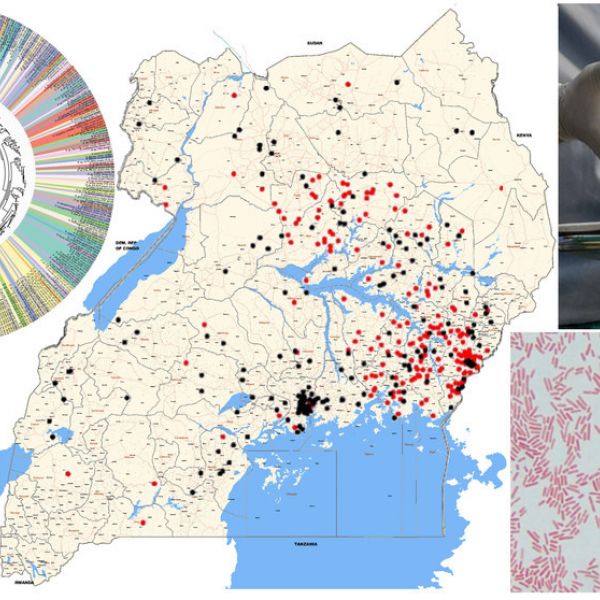
Sep 30, 2020
Bacteria virus combo may be cause of neonatal brain infections in Uganda
A newly identified bacteria and a common virus may be the underlying cause of infection-induced hydrocephalus in Uganda, according to an international team of researchers.
Full Article
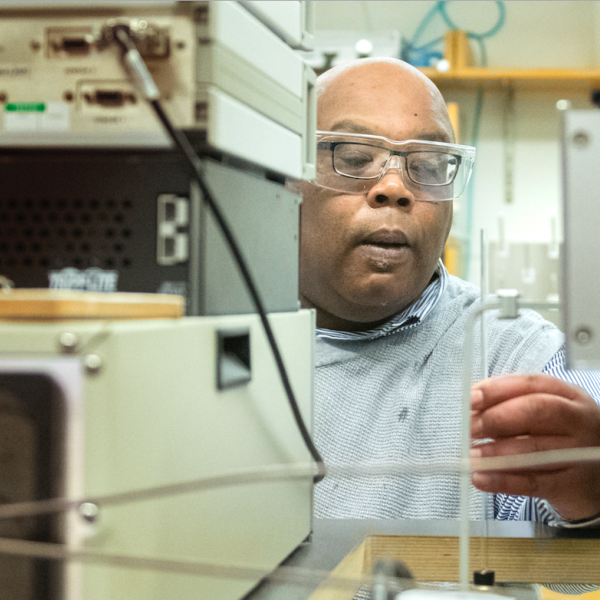
Sep 30, 2020
Mapping a trail of chemical reactions, Howard Hughes Investigator Squire Booker shows how one group of enzymes helps us stay healthy
Mapping a trail of chemical reactions, Howard Hughes Investigator Squire Booker shows how one group of enzymes helps us stay healthy
Full Article

Sep 30, 2020
Coral’s resilience to warming may depend on iron
How well corals respond to climate change could depend in part on the already scarce amount of iron available in their environment, according to a new study led by Penn State researchers.
Full Article

Sep 29, 2020
Four student teams use AI for good to win 2020 Nittany AI Challenge
Nyansapo, OpenVessel, AI Guide and Cyclone are the winners of the 2020 Nittany AI Challenge. Each of the student teams created a minimum viable product (MVP) using artificial intelligence (AI) for good and were selected by a panel of judges to share a pool of $25,000 to continue to move their solutions forward.
Full Article
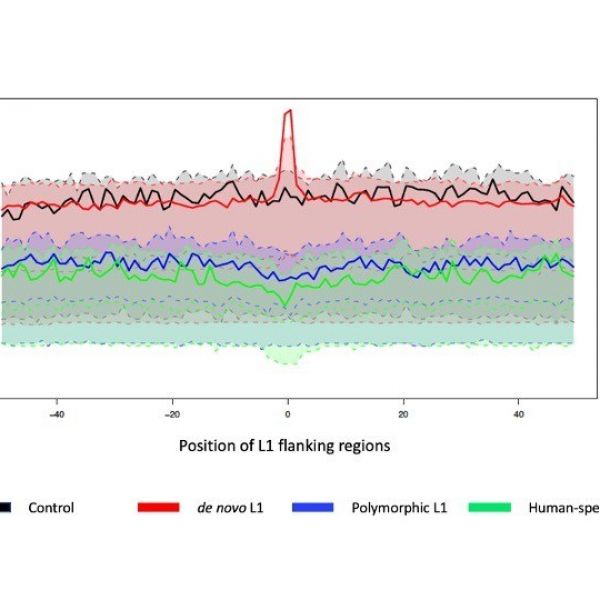
Sep 29, 2020
Scientists take a step toward understanding 'jumping genes' effect on the genome
Using state-of-the-art statistical methods, a team of researchers said they may have taken a leap closer to understanding a class of jumping genes, sequences that move to different locations in the human genome, which is the body’s complete set of DNA.
Full Article